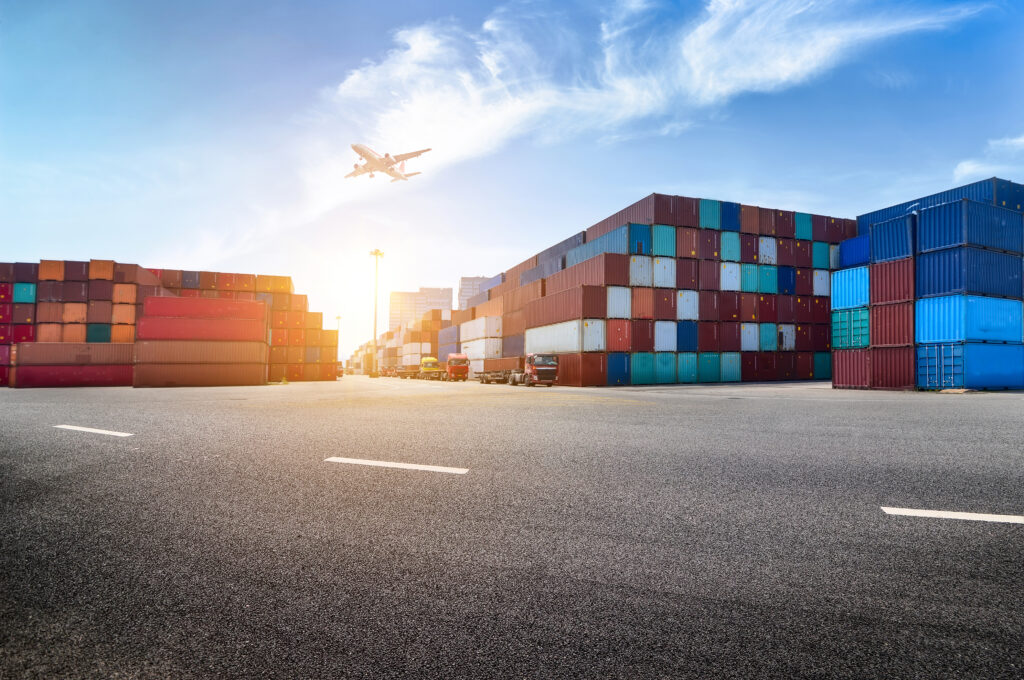Africa finds itself at a critical point in its economic development, offering unparalleled potential to become a major player in the global import-export domain. With its abundant natural resources, a dynamic population, and a growing demand for diverse products, the continent presents significant commercial opportunities for international stakeholders. The evolving global needs and the increasing desire to diversify supply sources have highlighted the critical role that Africa could play on the international stage. However, despite this potential, the continent faces significant challenges in terms of infrastructure, regulatory barriers, and risk management. Yet, with proper strategy and prudent investments, Africa could truly establish itself as a key hub for international trade, promising economic prospects for both the continent and the world.
How Africa is Positioned to Become a Key Player in Import-Export : Potential and Perspectives
Africa, with its diverse natural resources, vibrant workforce, and untapped potential, stands at a crucial economic crossroad to become a major player in global import-export. Vast reserves of resources such as minerals, hydrocarbons, agricultural products, and more offer substantial commercial opportunities. This wealth of resources, combined with a young and growing population, fuels demand for various products, creating an attractive market for investors and international businesses. Africa‘s untapped import-export potential also lies in its ability to provide unique products and services that meet the ever-evolving global market demands. However, to fully realize this potential, addressing challenges such as infrastructure development, trade regulations, and economic risk management through a comprehensive strategy and appropriate investments is crucial.
Strategies to Boost Import-Export in Africa
To boost import-export in Africa, targeted strategies are needed to strengthen the continent’s presence on the international stage. Strengthening international partnerships and establishing robust trade agreements are essential to open new avenues and facilitate exchanges with global markets. These partnerships not only increase trade flow but also facilitate knowledge and technology transfer, contributing to the enhancement of local trade capacities. Simultaneously, massive investments in infrastructure and technology are indispensable to bridge current gaps. Developing modern seaports, efficient transportation networks, and advanced logistic facilities facilitates goods movement across the continent, enhancing competitiveness in international markets. Furthermore, encouraging entrepreneurship and supporting small and medium-sized enterprises (SMEs) plays a crucial role in diversifying the economy. By providing a conducive environment, incubation programs, and access to funding, Africa can foster the emergence of innovative new businesses, drive economic growth, and create sustainable
Africa’s Opportunities and Challenges in the Import-Export Sector
Africa, endowed with economic potential and diverse natural resources, is at a critical juncture of its commercial development. The import-export sector presents undeniable opportunities: sectors like mining, agriculture, renewable energy, and manufacturing offer tremendous potential for export to both regional and international markets. The growing demand for these products underlines Africa’s crucial role in the global supply chain. However, to fully realize this potential, Africa must address several challenges. Infrastructure gaps, particularly in transportation and logistics, often hinder trade fluidity and restrict competitiveness. Massive investments are needed to modernize ports, roads, railways, and airport infrastructures, facilitating goods transportation across the continent and strengthening regional and international connectivity. Additionally, regulatory barriers, differences in trade policies, as well as political and economic risks, pose significant obstacles to import-export growth in Africa. Regulatory reforms and harmonization of trade policies among African nations are crucial to facilitate cross-border trade and promote closer economic integration.
Nonetheless, despite these challenges, numerous opportunities exist for Africa to accelerate its commercial development. Strengthening international partnerships and entering strategic trade agreements with other world regions is crucial to accessing new markets and diversifying export sources. Investments in technology, especially in agrotechnology, fintech, and information technology sectors, are also vital to drive innovation and enhance the competitiveness of African products in global markets.
In conclusion, although Africa faces significant challenges in the import-export sector, its opportunities for commercial development are substantial. By adopting a strategic approach and committing to overcoming these challenges, Africa can solidify its position as a major import-export hub, thereby boosting its economic growth while contributing to sustainable development both on the continent and beyond

